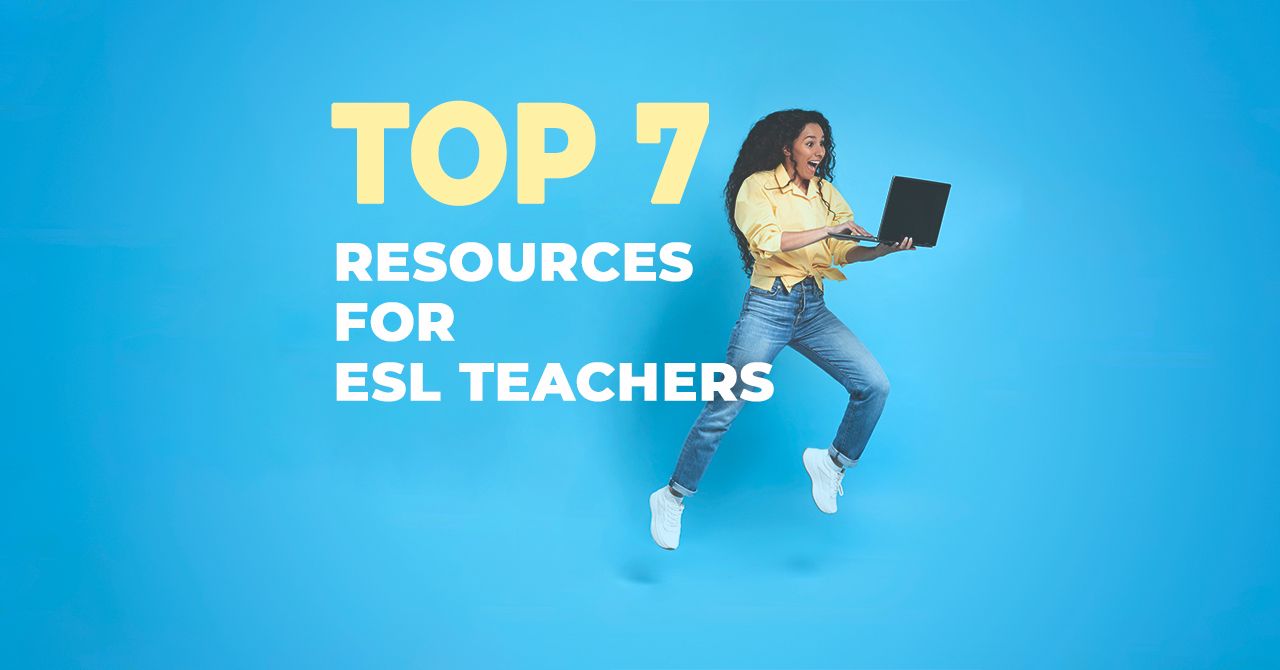
Tutor’s Tips: How to Make English Learning Easier for Students
Teaching experience
As someone who has taught both undergraduate students and younger learners, I’ve observed the unique challenges and joys of teaching in English across different contexts. In this article, I’ll share insights from my teaching experiences and practical tips for effective language education.
I have been teaching undergraduate students for two and a half years. While I am not teaching them English per se, I am still teaching in English as the medium of instruction. I am particular about my audience and the accent that I use when I speak in class. Having taught in both Singapore and the US, my accent is quite consistent. A formal Singaporean accent that American students understand.
Understanding concepts through examples and quizzes
For educators, creating a supportive environment is key. Use examples that resonate with students’ daily lives or cultural contexts. Pair explanations with visual aids and encourage students to ask questions freely. Quizzes, as I’ve used, are great tools, but combining them with peer discussions can deepen comprehension.
In both Singapore and the US, the students I taught were already familiar with the English language, although there are a few words they may not understand. However, understanding a language doesn’t mean you understand concepts in that language. I find it helpful to use examples in class to explain it. I also have mini quizzes to test their understanding of the concept. Usually, the quizzes are in multiple-choice format. When I teach English in the future, I will ask students to come up with five words that they learned and ask them to use them in a sentence.
Simplifying academic concepts
I also think it is important to explain concepts in academia well, especially when academic English can be full of jargon. If a student does not understand a concept, I’m always happy to break it down for them, and I find that students appreciate it.
Teaching English to younger students
I will say that I provided English tuition to a twelve-year-old orphan in 2018 and 2019. I gave lessons throughout the year, albeit not consistently, since I depended on how often the orphanage needed me. The same principles that I have mentioned in the previous two paragraphs apply to how I teach English to a kid who is hoping to improve. I find that it is convenient to explain the meaning of a word in a text or to at least make sure they know the meaning before they continue with the rest of the text. I find it really satisfying when a student feels confident reading a text and doesn’t need my help as much.
Patience and individual learning journeys
As a native speaker, I do not know what it is like to struggle with English. I do know that patience is key. Patience from the tutor and the student. Every student is different. Some may be strong in grammar, others not so much. Some may be good in spelling, vocabulary, and yet others struggle in this area. I have picked up new words just from watching soccer and hearing commentary. I encourage you to do the same for your soccer fans out there. Other ways you can improve your English is by listening to podcasts and radio interviews and watching TV shows that are not too intense in dialogue, especially for those at the beginner’s stage. The show ’Friends’ comes to mind. Reading English newspapers and news websites online, such as The Guardian and BBC, are also my recommendations.
Language learning is more than just learning
Language learning is more than mastering grammar and vocabulary; it’s about connecting with others and opening doors to new opportunities. Whether you’re teaching or learning, patience, persistence, and passion will always pave the way to success.
Hi there! I am Imad and I am a Malaysian graduate student pursuing my PhD in sociology in the US.

